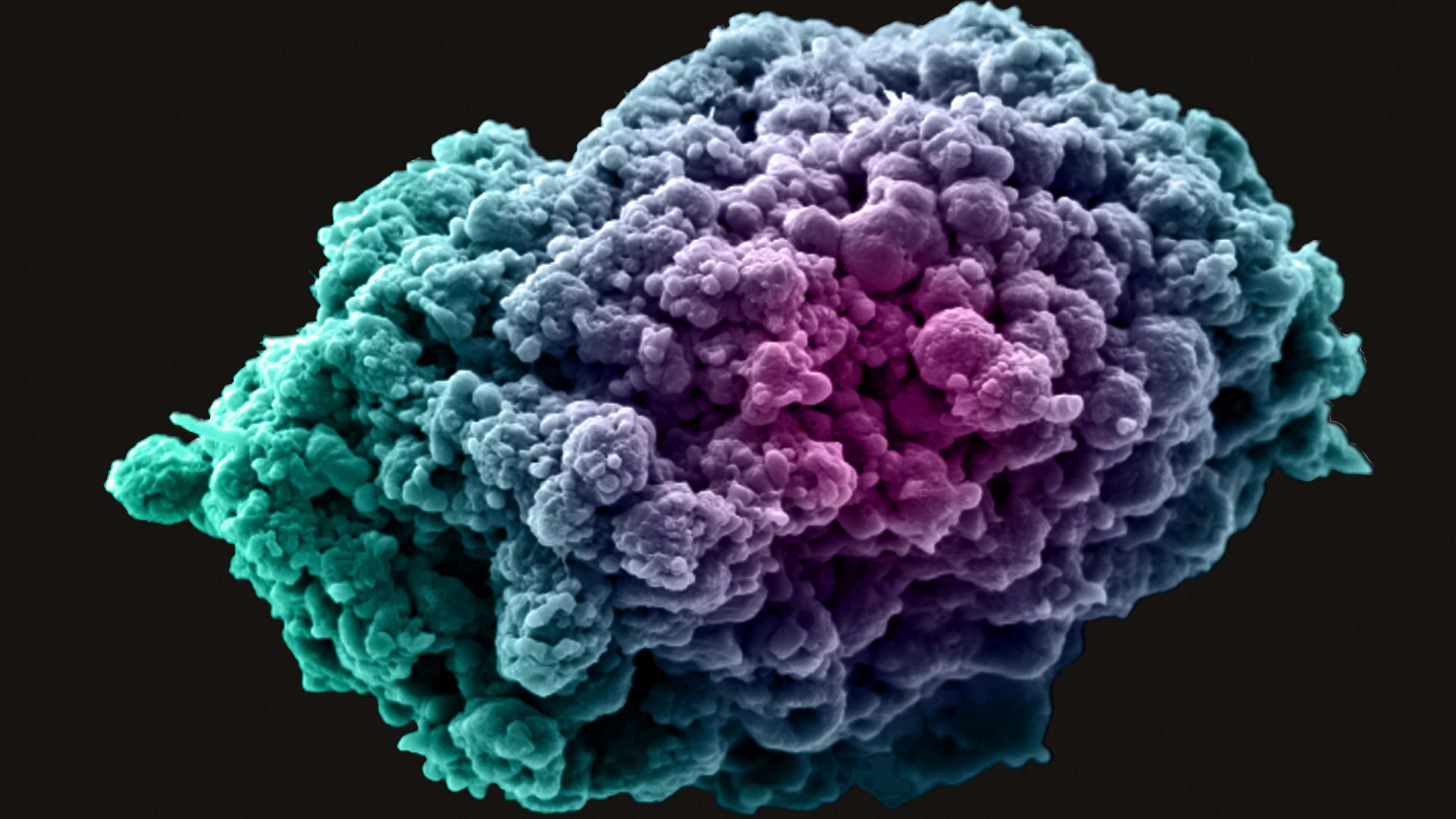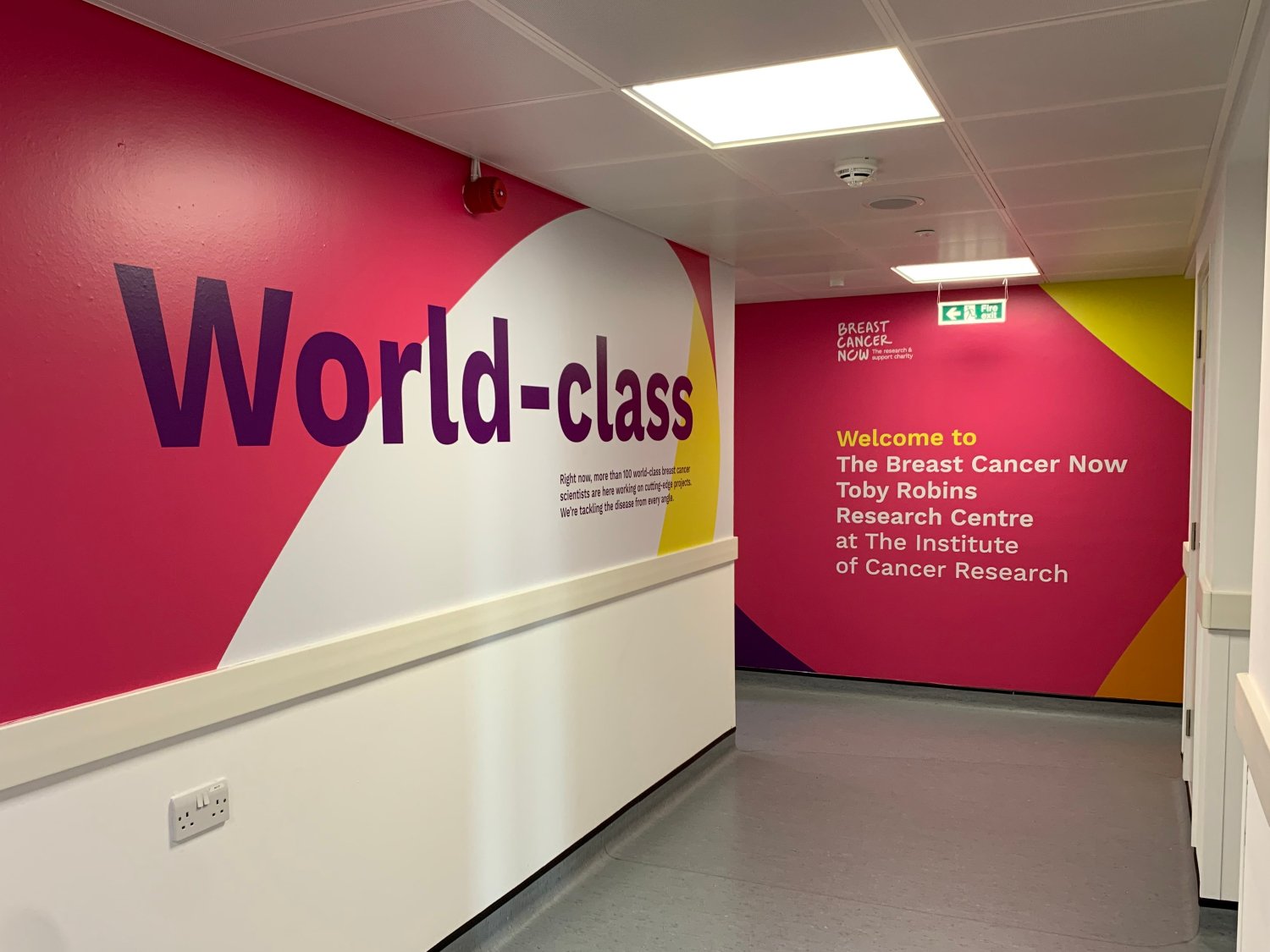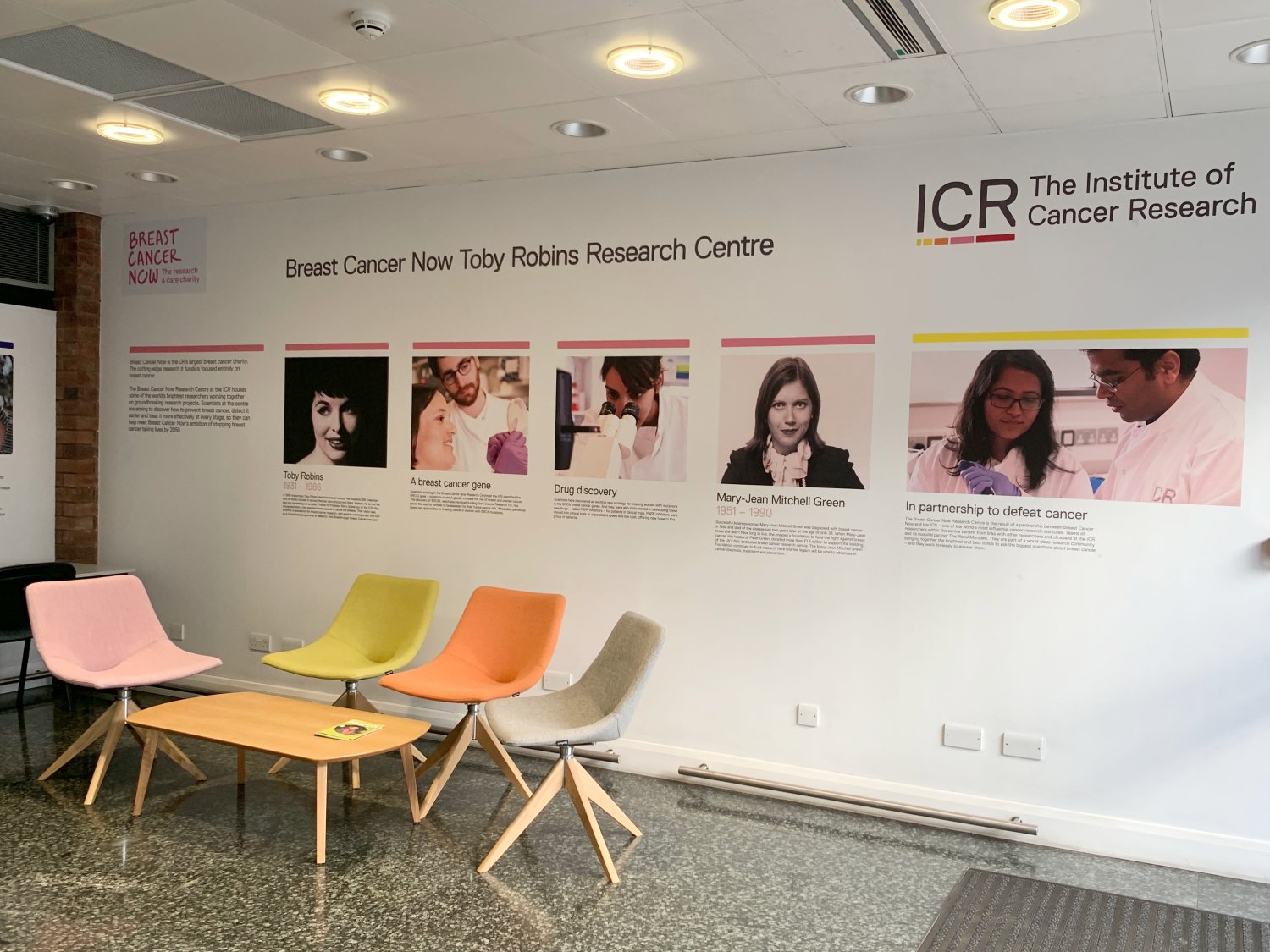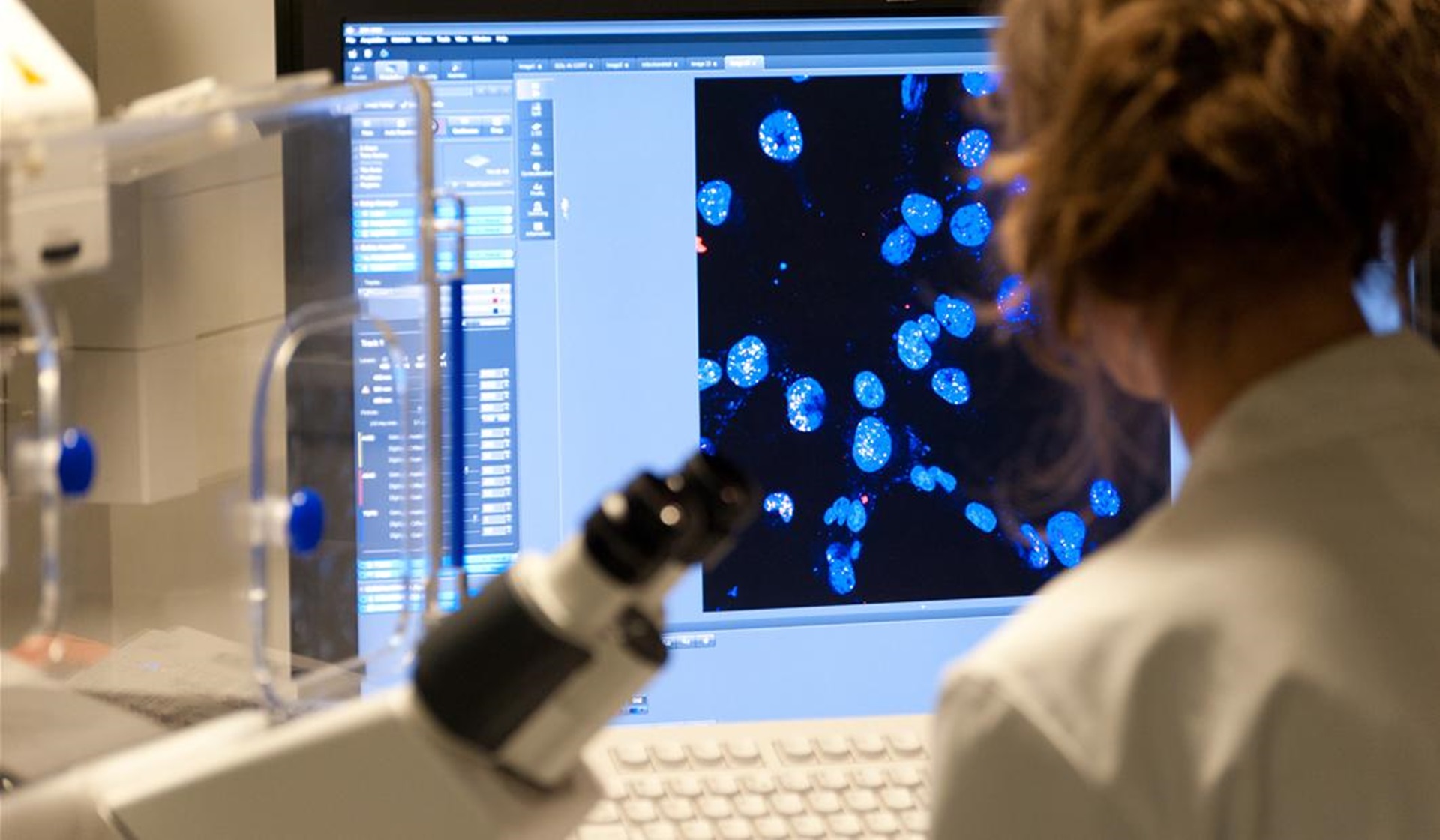Dr Stephen John Sammut, a clinician scientist at The Institute of Cancer Research, London, has been awarded one of the eight 2025 research prizes from the Lister Institute of Preventive Medicine.
These highly prestigious awards aim to make a significant difference to the research work of scientists in the early years of running their own groups, providing them with £300,000 of unrestricted funding to spend within a five-year period. Prizewinners will also join the Lister community, becoming Lister Fellows after their win.
Dr Sammut joined The Institute of Cancer Research (ICR) in November 2022 as Group Leader of the Cancer Dynamics Group in the Breast Cancer Now Toby Robins Research Centre, which is working to understand the biology underlying cancer’s response and resistance to treatment. The group works very closely with the Breast Unit at The Royal Marsden NHS Foundation Trust, where Dr Sammut is a Consultant in Medical Oncology.
Throughout his career to date, Dr Sammut has been awarded several other prizes. Only recently, he received the 2024 British Association for Cancer Research/AstraZeneca Young Scientist Frank Rose Award and the 2023 Royal College of Physicians’ Graham Bull Prize in Clinical Science and Goulstonian Lectureship.
Recognising exceptional research
The Lister Institute takes many factors into consideration when selecting its prize winners, including the applicant’s past achievements and the originality and quality of their proposed research project.
Dr Sammut’s project will explore how cancer cells and the immune system interact and adapt to each other over time. It will focus on breast cancer, investigating how tumours disable the body’s immune system and trying to identify areas of vulnerability that could be targeted to help the immune system fight the disease more effectively.
The Lister Prize will allow Dr Sammut and his team to use cutting-edge technology and artificial intelligence to study complex biological interactions at an unprecedented resolution.
They will be able to develop expertise in creating new ways to model how tumours and immune systems evolve over time while also relating these changes to treatment outcomes. By sharing this knowledge with the wider research community, the team could have a significant impact on the future of cancer treatment.
A competitive process
Winning a Lister Prize is no mean feat, as the broad application criteria open the door to a great number of potential applications. The Institution accepts applications from all researchers at the right stage of their career who are working in the field of biomedical science and preventive medicine and who are conducting most of their work in the UK. Clinicians and non-clinicians can apply, as can tenured and non-tenured scientists.
A Scientific Committee narrows the applications down to a long-list of 30–40, which national and international experts will review before selecting about 12 candidates to proceed to the next stage. These candidates must then give a short presentation before being interviewed by the committee. From the initial application to the announcement of the winners, the whole process takes about eight months.
Dr Sammut described the application process as “challenging but rewarding”. He said:
“Distilling a novel and ambitious research programme into a clear, focused proposal required me to articulate both the scientific novelty and clinical potential with precision. The final stage, when I was asked about experimental design, computational methodology, and translational application, was perhaps one of the most intellectually stimulating interviews I have ever experienced. I left with more ideas than I came in with!”
“Profoundly grateful”
Dr Sammut is thrilled that he will now be able to pursue bold, high-risk research over the coming years. He said:
“When I found out I’d won, I was momentarily speechless, then profoundly grateful. Winning the Lister Prize is a tremendous honour, and I’d like to thank the Lister Institute for recognising the promise of my research.
“Joining the Lister community will provide invaluable opportunities that will strengthen my research. I'm particularly excited about the potential for new collaborations and the opportunity to mentor undergraduates through Lister Institute Summer Studentships, which aligns perfectly with my commitment to supporting the next generation of scientists.
“No individual can handle large scientific projects alone, and I wouldn’t have won this prize without my wonderful mentors, colleagues and lab members, all of whom have shaped my scientific thinking. I’m delighted that, beyond my own career, this investment in people and technology will have a far-reaching impact on my lab as a whole. I’m also deeply grateful to my family for their unwavering support.”
A spokesperson for the Lister Institute said:
“We received a large number of high-quality applications this year, and as a result we have decided to award the Lister Prize to eight outstanding scientists. We are delighted to welcome these remarkable early-career researchers to the Lister community, and we look forward to supporting their work in the years to come.”



